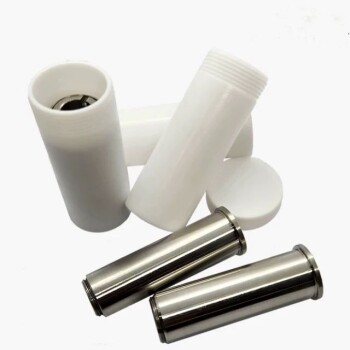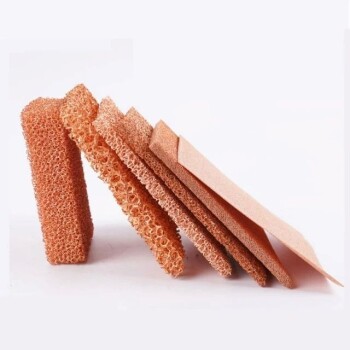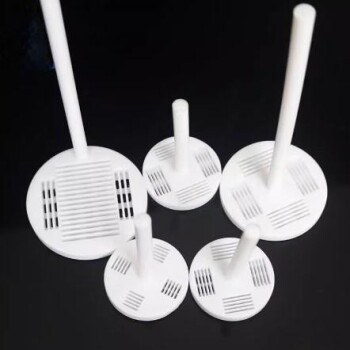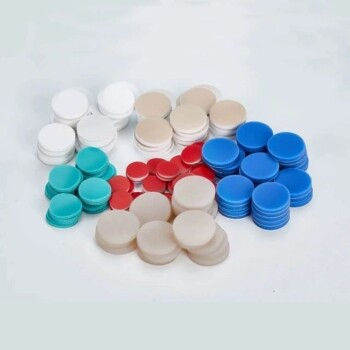Diffusion pumps are critical components in achieving high vacuum levels, and the choice of fluid used in them significantly impacts their performance, durability, and safety. The fluid must possess specific properties to ensure efficient operation, compatibility with the pump's design, and safety for users and the environment. Key properties include chemical stability, thermal stability, low vapor pressure, and inertness to reactive gases. Additionally, the fluid should be non-toxic or handled with proper precautions if it decomposes into harmful byproducts. Understanding these properties helps in selecting the right fluid for specific vacuum applications, ensuring optimal performance and longevity of the diffusion pump.
Key Points Explained:
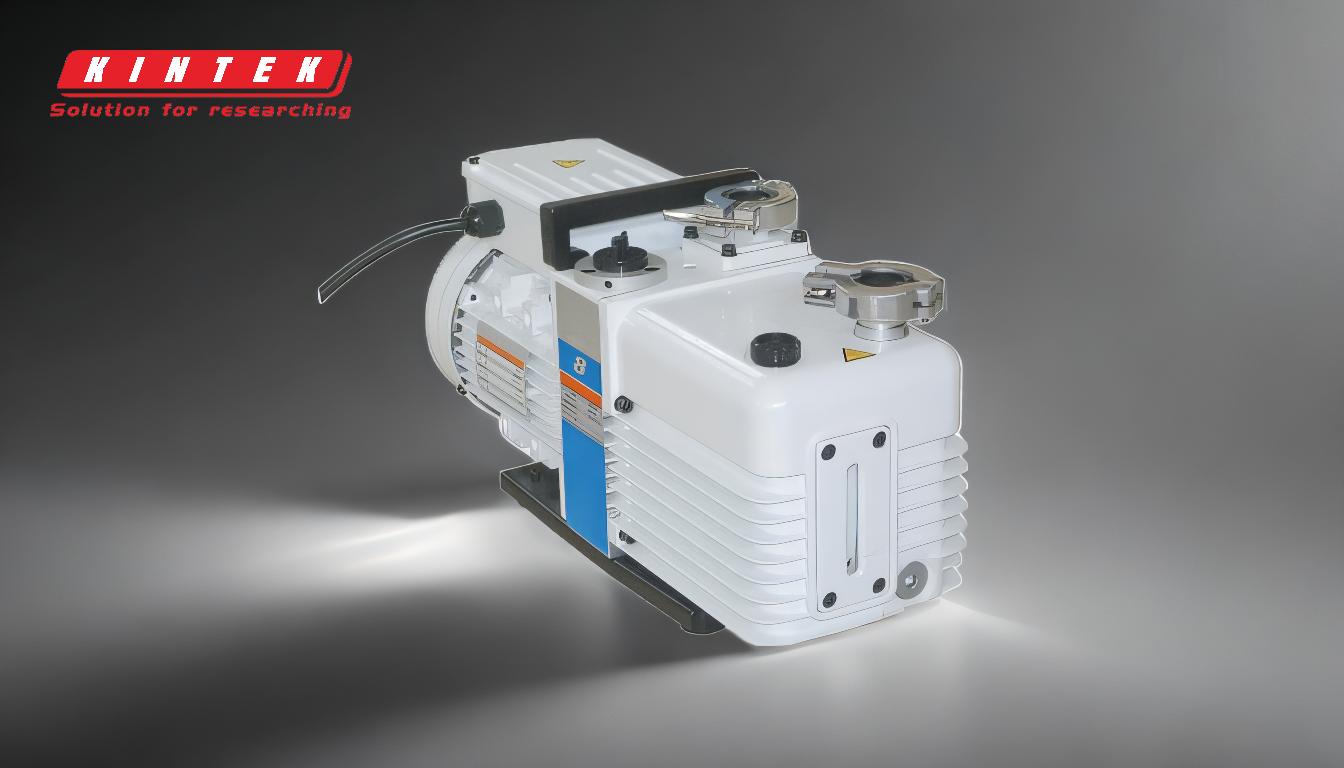
-
Chemical Stability
- The fluid used in diffusion pumps must be chemically stable to withstand exposure to reactive gases, oxygen, halogens, and acids.
- Perfluoropolyether (PFPE) is an example of a chemically stable fluid, as it is inert to these substances due to the replacement of hydrogen atoms with fluorine atoms.
- Chemical stability ensures the fluid does not degrade or react with contaminants in the vacuum system, maintaining consistent performance over time.
-
Thermal Stability
- Diffusion pumps operate at high temperatures, so the fluid must be thermally stable to prevent decomposition or breakdown under heat.
- PFPE fluids are known for their high thermal stability, making them suitable for high-temperature environments.
- Thermal degradation of the fluid can lead to the formation of toxic byproducts, which necessitates proper handling and safety measures.
-
Low Vapor Pressure
- The fluid must have a low vapor pressure to achieve and maintain the desired vacuum levels, typically ranging from 10^-2 to 10^-10 torr.
- A low vapor pressure ensures that the fluid does not evaporate excessively under vacuum conditions, which could compromise the pump's efficiency.
- High-quality oils and PFPE fluids are specifically formulated to meet these requirements, enabling the pump to achieve ultra-high vacuum levels.
-
Inertness to Reactive Gases
- The fluid should be inert to reactive gases commonly found in vacuum systems, such as oxygen, halogens, and acids.
- PFPE fluids excel in this regard due to their unique molecular structure, which prevents chemical reactions with these gases.
- Inertness ensures the fluid's longevity and prevents contamination of the vacuum environment, which is critical for applications like electron-beam microscopy and vacuum deposition.
-
Toxicity and Safety Considerations
- Some fluids, like PFPE, decompose into toxic gases when they break down, requiring proper safety precautions during handling and disposal.
- Users must ensure adequate ventilation, use personal protective equipment (PPE), and follow safety guidelines to minimize exposure to harmful byproducts.
- Selecting fluids with lower toxicity or implementing safety measures is essential to protect both users and the environment.
-
Compatibility with Vacuum Levels
- The fluid must be matched to the required vacuum level of the application. Using a fluid rated for a lower pressure than needed can increase operational costs without providing additional benefits.
- High-quality fluids are designed to meet specific vacuum requirements, ensuring optimal performance and minimizing maintenance needs.
-
Durability and Maintenance
- The fluid's properties directly impact the pump's durability and maintenance requirements. Chemically and thermally stable fluids reduce the frequency of fluid replacement and maintenance.
- PFPE fluids, for example, are known for their long service life and low maintenance needs, making them a cost-effective choice for high-vacuum applications.
-
Applications and Suitability
- The choice of fluid depends on the specific application, such as electron-beam microscopy, vacuum deposition, coatings, or vacuum furnaces.
- PFPE fluids are widely used in these applications due to their excellent performance characteristics and compatibility with high-vacuum environments.
By carefully considering these properties, users can select the most suitable fluid for their diffusion pump, ensuring efficient operation, long-term reliability, and adherence to safety standards.
Summary Table:
| Property | Description | Example Fluid |
|---|---|---|
| Chemical Stability | Resists reactions with reactive gases, oxygen, halogens, and acids. | Perfluoropolyether (PFPE) |
| Thermal Stability | Withstands high temperatures without decomposing or breaking down. | PFPE |
| Low Vapor Pressure | Achieves and maintains ultra-high vacuum levels (10^-2 to 10^-10 torr). | PFPE, High-quality oils |
| Inertness to Reactive Gases | Prevents chemical reactions with gases like oxygen, halogens, and acids. | PFPE |
| Toxicity and Safety | Requires proper handling if it decomposes into toxic byproducts. | PFPE |
| Compatibility with Vacuum | Matches the required vacuum level for the application. | PFPE, High-quality oils |
| Durability and Maintenance | Reduces maintenance needs and extends pump life. | PFPE |
| Applications | Suitable for electron-beam microscopy, vacuum deposition, and more. | PFPE |
Need help selecting the right fluid for your diffusion pump? Contact our experts today for tailored solutions!






